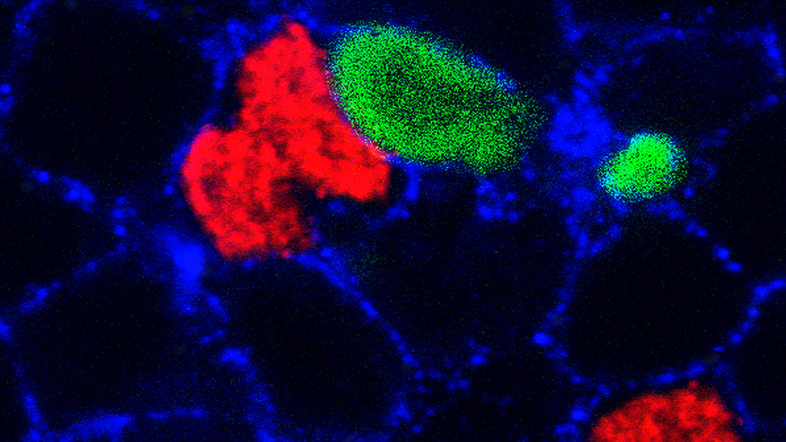Cancer research
Survival of the fittest cells
29. March 2022
by
Hanna Möller
Stephanie Ellis is uncovering the principles of cell competition at the Max Perutz Labs. By understanding how our system eliminates 'loser' cells, she gains knowledge for future cancer therapies.
Read now
